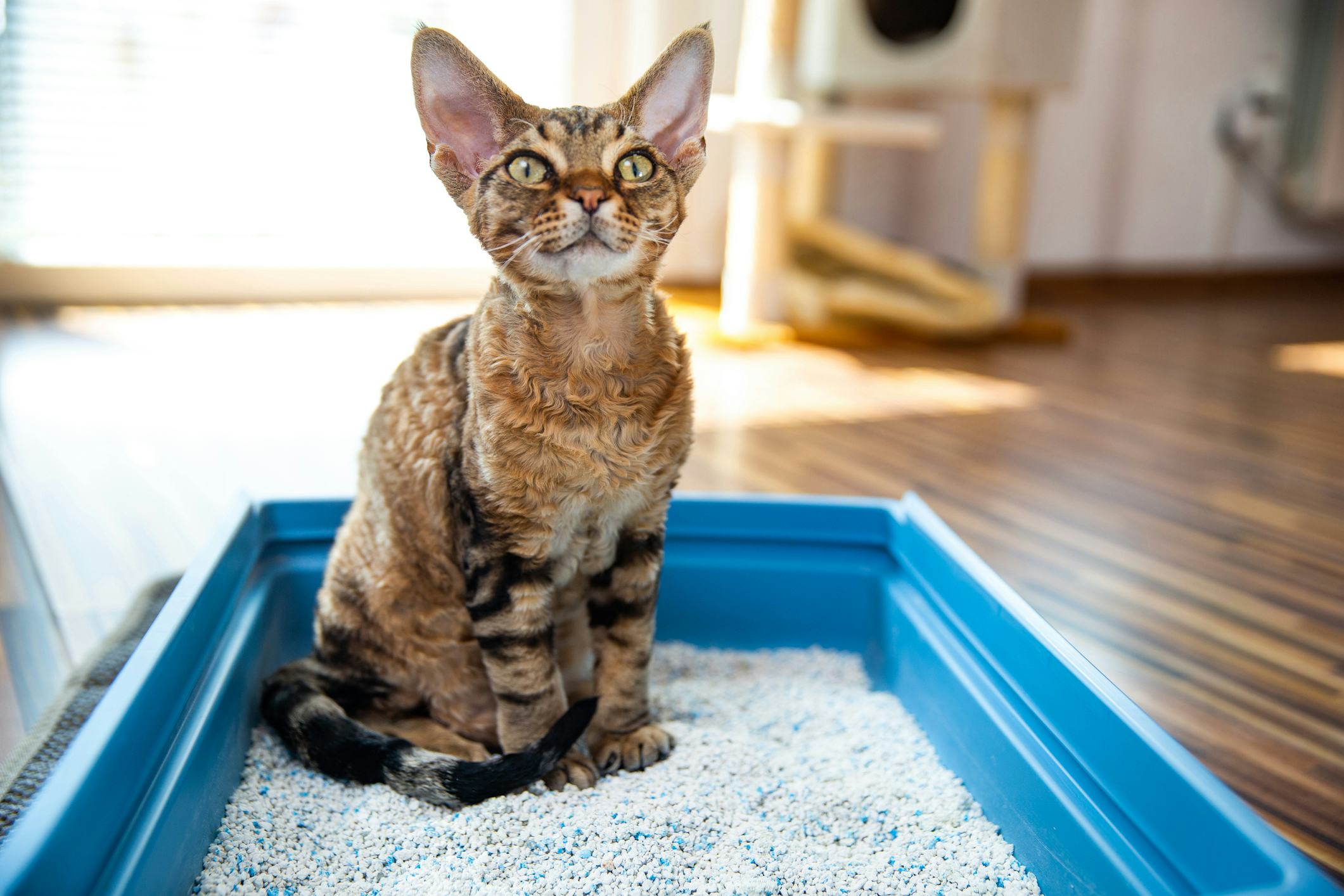Reasons You Should Never Flush Cat Poop Down Your Toilet - Important Information
Reasons You Should Never Flush Cat Poop Down Your Toilet - Important Information
Blog Article
The article listed below on the subject of Can You Flush Cat Poo or Litter Down the Toilet? is pretty much informative. Give it a try and draw your own ideas.

Introduction
As pet cat owners, it's vital to be mindful of just how we get rid of our feline friends' waste. While it might appear convenient to flush pet cat poop down the toilet, this practice can have damaging consequences for both the setting and human wellness.
Alternatives to Flushing
The good news is, there are safer and much more accountable ways to deal with pet cat poop. Take into consideration the adhering to alternatives:
1. Scoop and Dispose in Trash
One of the most usual technique of taking care of pet cat poop is to scoop it right into an eco-friendly bag and throw it in the trash. Make sure to make use of a devoted clutter scoop and take care of the waste immediately.
2. Usage Biodegradable Litter
Opt for naturally degradable pet cat litter made from materials such as corn or wheat. These trashes are environmentally friendly and can be safely disposed of in the garbage.
3. Hide in the Yard
If you have a yard, think about burying cat waste in a designated area far from vegetable gardens and water sources. Make certain to dig deep sufficient to avoid contamination of groundwater.
4. Set Up a Pet Waste Disposal System
Purchase a pet waste disposal system especially made for cat waste. These systems utilize enzymes to break down the waste, decreasing odor and ecological influence.
Health and wellness Risks
In addition to environmental concerns, flushing feline waste can additionally pose health threats to human beings. Pet cat feces might include Toxoplasma gondii, a parasite that can trigger toxoplasmosis-- a potentially serious health problem, specifically for pregnant women and people with damaged immune systems.
Environmental Impact
Purging pet cat poop introduces hazardous pathogens and bloodsuckers right into the water system, posing a significant threat to water environments. These pollutants can negatively affect marine life and compromise water high quality.
Verdict
Responsible family pet ownership extends beyond giving food and shelter-- it additionally entails proper waste management. By avoiding purging feline poop down the bathroom and selecting different disposal techniques, we can lessen our ecological footprint and shield human wellness.
Why You Should Never Flush Cat Poop Down the Toilet
A rose by any other name might smell as sweet, but not all poop is created equal. Toilets, and our sewage systems, are designed for human excrement, not animal waste. It might seem like it couldn’t hurt to toss cat feces into the loo, but it’s not a good idea to flush cat poop in the toilet.
First and foremost, assuming your cat uses a litter box, any waste is going to have litter on it. And even the smallest amount of litter can wreak havoc on plumbing.
Over time, small amounts build up, filling up your septic system. Most litter sold today is clumping; it is made from a type of clay that hardens when it gets wet. Ever tried to scrape old clumps from the bottom of a litter box? You know just how cement-hard it can get!
Now imagine just a small clump of that stuck in your pipes. A simple de-clogger like Drano isn’t going to cut it. And that means it’s going to cost you big time to fix it.
Parasitic Contamination
Believe it or not, your healthy kitty may be harboring a nasty parasite. Only cats excrete Toxoplasma in their feces. Yet it rarely causes serious health issues in the cats that are infected. Most people will be fine too if infected. Only pregnant women and people with compromised immune systems are at risk. (If you’ve ever heard how women who are expecting are excused from litter cleaning duty, Toxoplasma is why.)
But other animals may have a problem if infected with the parasite. And human water treatment systems aren’t designed to handle it. As a result, the systems don’t remove the parasite before discharging wastewater into local waterways. Fish, shellfish, and other marine life — otters in particular — are susceptible to toxoplasma. If exposed, most will end up with brain damage and many will die.
Depending on the species of fish, they may end up on someone’s fish hook and, ultimately on someone’s dinner plate. If that someone has a chronic illness, they’re at risk.
Skip the Toilet Training
We know there are folks out there who like to toilet train their cats. And we give them props, it takes a lot of work. But thanks to the toxoplasma, it’s not a good idea.

I am just very interested in How to Dispose of Cat Poop and Litter Without Plastic Bags and I am assuming you appreciated the new post. Enjoyed our blog posting? Please share it. Help others locate it. Thanks a lot for taking the time to read it.
Click Here Report this page